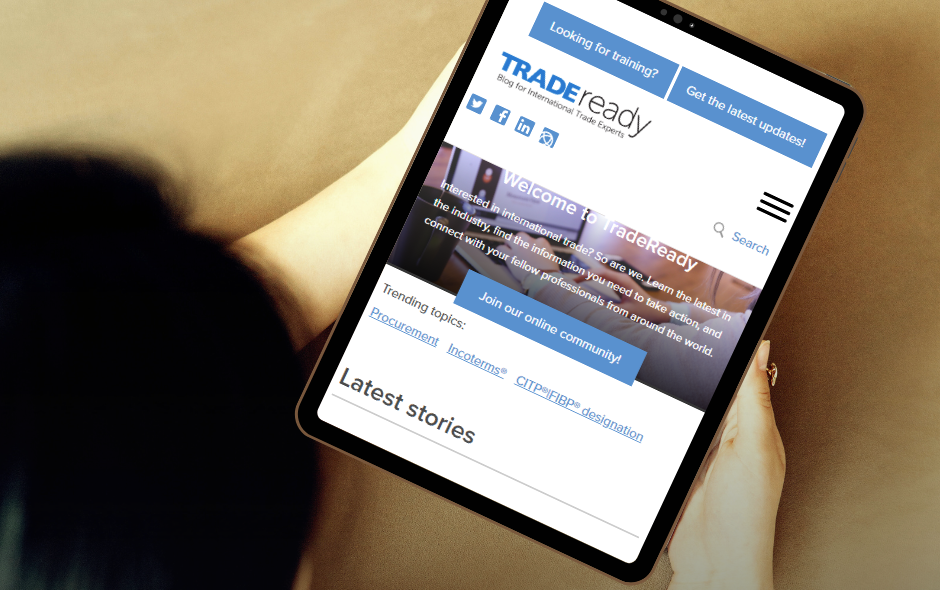
To forge an international business, you must overcome various obstacles. There’s the initial idea, the funding, the tricky startup phase, the growth into a regional power, and then the complex move to cross-border operation. But since none of those achievements is ever guaranteed, you can’t rely on a prospective global move being simple (or even successful).
Consider that few businesses ever attempt it, and many fewer actually accomplish it in a sustainable fashion. It’s a daunting prospect. That said, if you’ve already started getting results in at least one additional country, why not see how far you can take your business? It may be tough, but it’s doable, particularly if you get your approach right.
How do you get your approach right? Well, one thing that’s essential is that you refrain from thinking globally. Instead of getting bigger, your focus needs to get smaller. Allow me to explain why this is, and what it means for the future of your business.
Overreaching is dangerous
Even one small step in a global expansion takes a lot of planning to be managed effectively. This is vital to note because it’s easy to get carried away with the potential of your business and to start looking past the roadblocks ahead of you. As noted, you’ve already made it to international business, and you know your operational model works. Why shouldn’t you be confident?
As a result, you might simply assume that everything ahead of you is smooth sailing (nothing you haven’t already dealt with). When you give all your attention to long-term goals, you leave yourself extremely vulnerable to making basic errors. What you need to do is lay out a path of modest steps, and take each step one at a time, never committing too much thought to the end goal.
Prospects need the personal approach
You’ve already had some success moving into a new country, but there’s every chance that your international move was into a country bordering (or similar to) your domestic market. Because of this, you might have treated the new market just like your original market and still been able to get results. This is anomalous on a global scale.
When you really start to look into different markets, thinking about them individually instead of collectively, you can see just how significantly customer requirements and expectations can differ. A polite message in one country could be considered an insult in another, for instance, and a product that captures the zeitgeist in one area might sink without trace in another.
Some of the world’s largest markets, like India, are so diverse that they also contain significant cultural differences from one region to the next, requiring even more detailed research and customization.
Only by thoroughly researching the culture of each new market can you understand how best to approach its average consumer. And with your company going global, the last thing you need is to see your reputation take a hit because of a cultural faux pas.
Your workers are mission-critical
How much crunch did it take to get where you are now? How many employees had to put in extra hours and neglect their personal lives to achieve international-level growth? While there’s nothing wrong with everyone working hard to grow a business, the grind catches up to you, and can only prove effective for so long.
There’s a quote that I think is relevant here, courtesy of entrepreneur Tom Shieh on the Marketing Speak podcast: “What got us here isn’t necessarily going to take us to the next level.” While you certainly need to preserve the qualities of your business that made it so popular, you don’t need to cling to your old ways of doing things — particularly when they aren’t sustainable.
Consequently, you must ensure that your employees (whether they’re domestic or overseas, because you’ll be hiring a lot of overseas workers and they’re just as important) are content in their positions, with suitable benefits and perks that make them brand advocates. You should be hiring for your weaknesses and investing in those employees so they’re even more valuable in the future, not thinking about the short term by expecting too much of them.
Efficiency is vital at the global level
Think about all the minor things that affect the day-to-day workings of a business: the procedures, protocols, routines and tools that add up to produce your regular output. When your head is in the clouds contemplating global dominance, those things might seem trivial — but they’re actually more important than ever when you reach that level.
Why? Because a minor efficiency improvement might not mean much for a small business, but when it’s deployed for a global business, it can save a lot of time and money. Suppose there was a way to automate one of the daily tasks assigned to almost every employee you have, for instance: something that saved the average worker 30 minutes each month could add up to a huge sum each year, making it a matter of priority.
What’s more, your underlying system needs to be as easy to use as possible if it’s going to be rolled out to workers who live in different countries and speak different languages. Strive for absolute minimalism, cutting down on confusion, tweaking themes to suit regional needs, and ensuring that the onboarding process is as easy as possible.
You don’t create a global business by thinking globally. You do it by thinking locally, then applying that formula to every distinct region. Treating the world as a singular market is one of the biggest mistakes you can make — think small if you want to succeed.







disqus comments